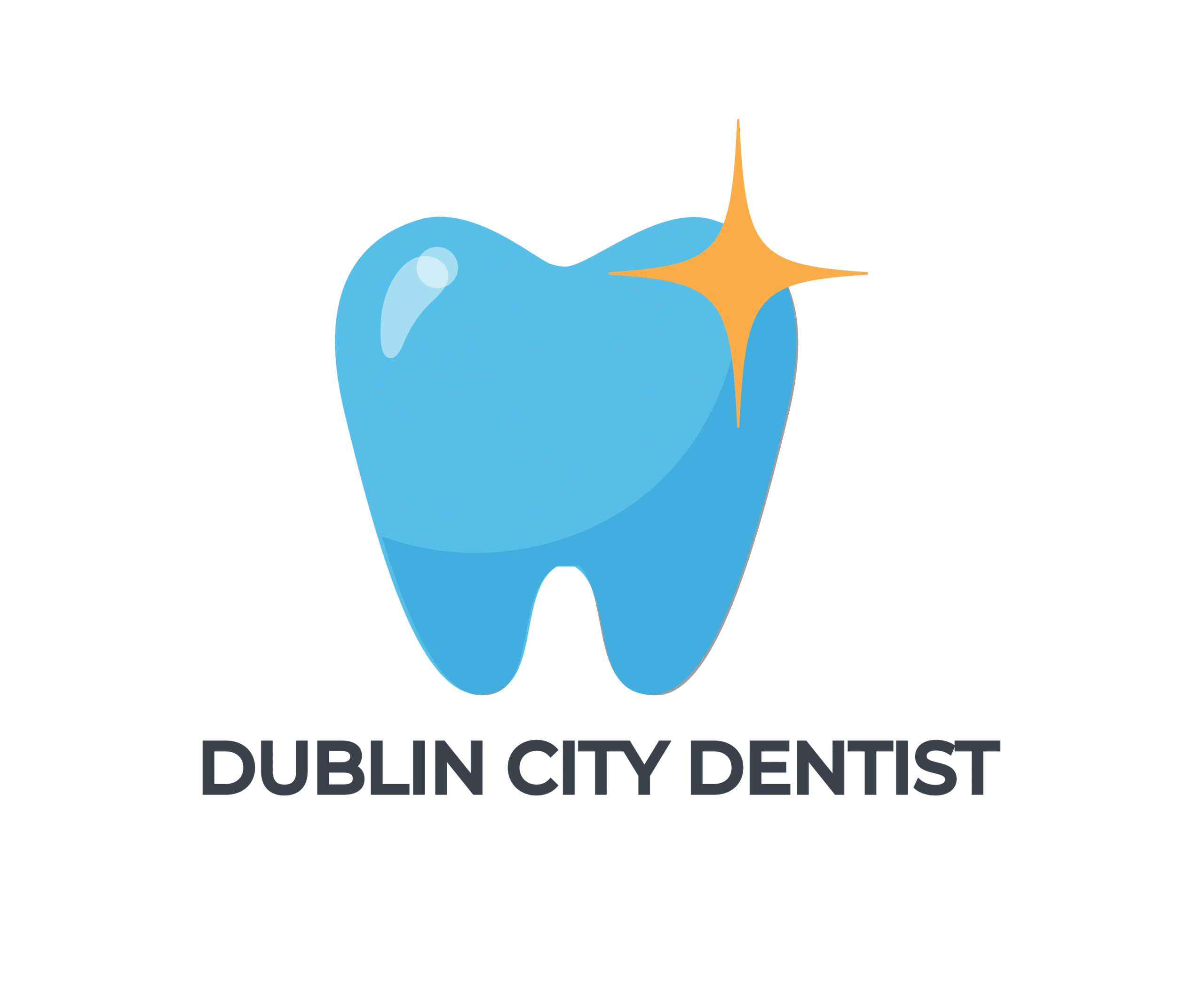Wisdom Tooth Extraction Recovery: What to Do and Eat After

What Is Wisdom Tooth Extraction?
Wisdom tooth extraction is a surgical procedure to remove one or more wisdom teeth, the four permanent adult teeth located at the back corners of your mouth. These teeth are typically removed when they cause pain, overcrowding, or other dental issues.
During the procedure, your dentist will numb the area around the tooth with a local anaesthetic. In some cases, sedation may also be used to help you relax. Then, the dentist will remove the tooth, often in sections, to minimise the amount of bone that needs to be removed.
what to do after wisdom tooth extraction
After a wisdom tooth extraction, your body begins the healing process, which involves several key steps. Immediately after the procedure, you may experience some bleeding from the extraction site. Your dentist will place a gauze pad over the socket to help control the bleeding and promote clotting. Over the next few days, a blood clot will form in the socket, which is an essential part of the healing process. This clot protects the underlying bone and nerve endings as the area heals.
As your body heals, you may experience some swelling and discomfort. This is a normal response to the trauma of the surgery and should subside over time. Your body will also start the process of bone remodelling, where the bone in the area of the extraction will gradually reshape itself to fill in the space left by the removed tooth.
In addition to the physical healing, your body will also need to adjust to the absence of the wisdom tooth. This may involve changes in your bite or the alignment of your other teeth as they shift to fill in the space left by the extracted tooth. In some cases, your dentist may recommend orthodontic treatment to address these changes and ensure your teeth remain properly aligned.
Overall, the recovery process after a wisdom tooth extraction is a natural and necessary part of the body’s healing process. By following your dentist’s instructions and taking good care of yourself, you can help ensure a smooth and successful recovery.
What To Eat After Wisdom Tooth Extraction
- After a wisdom tooth extraction, it’s important to choose foods that are easy to eat and won’t irritate the extraction site. Here are some tips on what to eat during the recovery period:
- Soft Foods: Stick to soft foods that require minimal chewing, such as yogurt, pudding, mashed potatoes, and smoothies. These foods are gentle on the extraction site and won’t cause discomfort.
- Cool or Lukewarm Foods: Avoid hot foods and beverages, as they can increase blood flow to the extraction site and potentially dislodge the blood clot. Opt for cool or lukewarm foods instead.
- Nutrient-Rich Foods: Choose foods that are rich in vitamins and minerals to support the healing process. Examples include smoothies with fruits and vegetables, soft cooked eggs, and soups with vegetables and lean proteins.
- Hydrating Foods: It’s important to stay hydrated during your recovery. Drink plenty of water and choose hydrating foods like watermelon, cucumber, and broth-based soups.
- Avoid Certain Foods: Avoid hard, crunchy, or sticky foods that could irritate the extraction site or get stuck in the socket. Also, avoid drinking through a straw, as the suction could dislodge the blood clot.
By choosing the right foods, you can help promote healing and ensure a more comfortable recovery after your wisdom tooth extraction.
Wisdom Tooth Extraction Recovery: More Tips
- Rest, Rest, Rest: your body needs time to heal, so take it easy for the next few days. Avoid strenuous activities and give yourself plenty of rest. Your bed or couch is your new best friend!
- Manage Pain and Swelling: pain and swelling are common after wisdom tooth extraction. Your dentist may prescribe pain medication, or you can use over-the-counter pain relievers like ibuprofen. Applying an ice pack to your cheek can also help reduce swelling.
- Follow Your Dentist’s Instructions: your dentist will give you specific instructions on how to care for your mouth after the procedure. This may include how to clean your mouth, what foods to avoid, and when to schedule a follow-up appointment.
- Eat Soft Foods: for the first few days after wisdom tooth extraction, stick to soft foods that are easy to chew and won’t irritate the extraction site. This includes foods like yogurt, mashed potatoes, soup, and scrambled eggs.
- Avoid Certain Foods and Drinks: avoid hard, crunchy, or sticky foods that could irritate the extraction site or get stuck in the socket. Also, avoid drinking through a straw, as the suction could dislodge the blood clot that forms in the socket, leading to a painful condition called dry socket.
- Keep Your Mouth Clean: it’s important to keep your mouth clean to prevent infection. Brush your teeth gently, being careful to avoid the extraction site. You may also be instructed to rinse your mouth with warm salt water to help keep the area clean.
- Watch for Signs of Complications: while complications after wisdom tooth extraction are rare, it’s important to watch for signs of infection or other issues. Contact your dentist if you experience severe pain, swelling, or bleeding that doesn’t improve with time.
Dealing with annoying wisdom tooth pain?
We’ve got your back at our top-notch dental clinic right here in Dublin!
Our team is all about making your experience as smooth as possible. We’ll take care of those pesky wisdom teeth with expert precision, using the latest facilities and a friendly touch to keep you relaxed throughout.
No more putting up with the agony of troublesome wisdom teeth – let us take care of it for you! Schedule your appointment today and get ready to say hello to a happier, pain-free smile!
Contact us to learn more about wisdom tooth extraction in Dublin!
Frequently Asked Questions
After a wisdom tooth extraction, it’s best to stick to soft, easy-to-chew foods that won’t irritate the extraction site. This includes things like yogurt, pudding, mashed potatoes, scrambled eggs, smoothies, and soups. Avoid hard, crunchy, or sticky foods, as well as hot beverages, which can all interfere with the healing process
After wisdom tooth removal, you can typically start to introduce solid foods back into your diet gradually, usually after the first few days. However, you should still avoid hard, crunchy, or sticky foods that could irritate the extraction site or get stuck in the socket. It’s best to consult with your dentist or oral surgeon for specific recommendations based on your individual case. They will provide you with guidance on when it’s safe to resume your normal diet.
After your wisdom tooth extraction, follow your dentist’s post-operative instructions carefully. This typically includes resting for the first 24 hours, applying ice packs to reduce swelling, taking prescribed pain medication, and avoiding strenuous activities. You should also avoid drinking through a straw and smoking, as these actions can dislodge the blood clot and delay healing.
To speed up wisdom tooth extraction healing, follow post-operative care instructions carefully, including taking prescribed medications, managing pain and swelling with ice packs, resting, eating soft foods, maintaining oral hygiene, and attending follow-up appointments. Avoid strenuous activities, hard foods, straws, and smoking.
Wisdom tooth pain that comes and goes can be caused by a variety of factors. One common reason is the eruption of the wisdom tooth, which can cause pressure and discomfort as it tries to emerge through the gums. In other cases, pain may be due to impaction, where the tooth is unable to fully emerge due to lack of space or being blocked by other teeth. Infections, gum disease, or tooth decay can also lead to intermittent pain. It’s important to see a dentist for an evaluation to determine the cause of your pain and the appropriate treatment.

We are welcoming new patients!
Why wait to get the perfect smile you’ve always wanted?
Our team of experts is committed to providing personalized care and attention, and we take the time to listen to your concerns and answer all of your questions.



